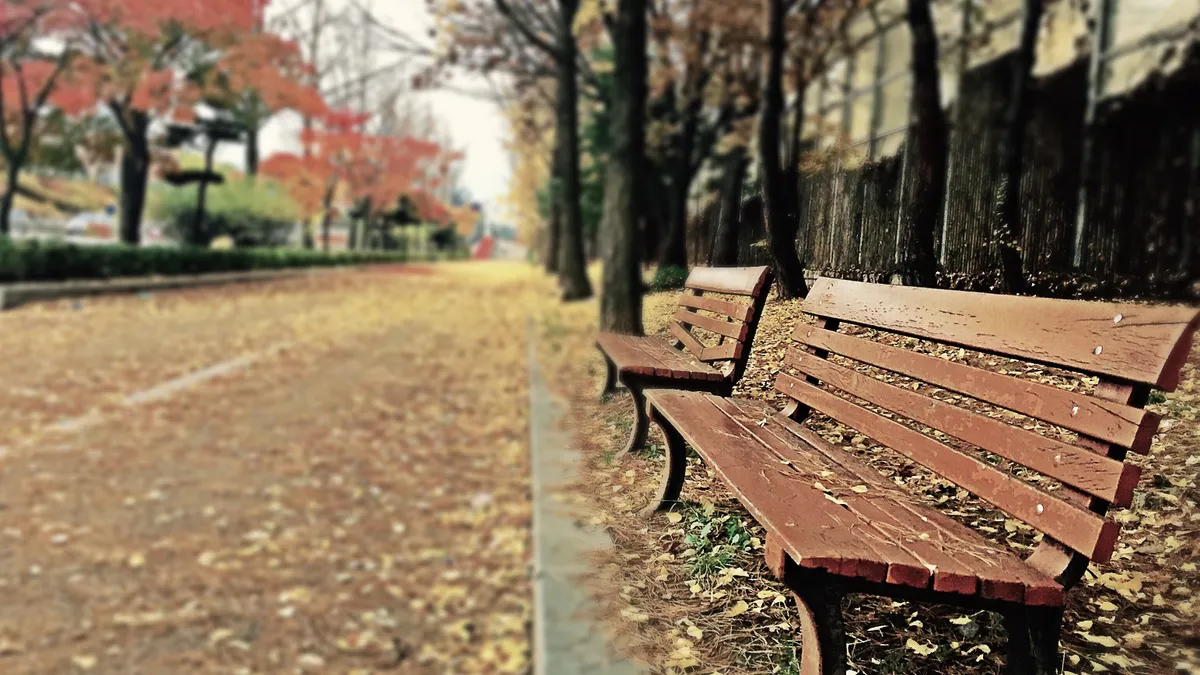Dive Brief:
-
Several more colleges announced they're delaying bringing students back to campus for the spring term to avoid coronavirus outbreaks and heed public health advice.
-
Syracuse University, in New York, is delaying the start of its spring term by two weeks to have more time for some of its frontline workers to get vaccinated and avoid anticipated virus flare-ups after the holidays. At least a dozen schools have made similar calls over the past few weeks.
-
While other colleges are expected to follow suit, one higher education expert cautioned that last-minute changes can erode the trust of students and employees.
Dive Insight:
More colleges will likely announce they are delaying their spring term or shifting classes online in the coming days, said Robert Kelchen, a higher education professor at Seton Hall University, in New Jersey.
This approach gives colleges time to see how the holidays will affect the pandemic and whether their peers can successfully bring students back to campus, observers said. In some cases, they could also be waiting on or responding to guidance from government officials.
Starting online can be a smart move, said Madeline Buitendorp, communications director for the College Crisis Initiative, which is tracking higher education's response to the pandemic. "They can see what the situation on the ground is," said Buitendorp, a junior political science major at Davidson College, in North Carolina.
Old Dominion University, in Virginia, told students on New Year's Day that "at least” the first two weeks of the spring term will be online because of rising virus case counts. That same day, Bethune-Cookman University, in Florida, said it is delaying in-person instruction for a month due to the state's high virus positivity rate.
However, last-minute decisions for spring could frustrate students and make it harder for them to plan their return. Given how late some colleges announced their fall plans, "student trust is already fragile," Kelchen said. "It was reasonable to expect that cases would be higher in January than November."
Recent coronavirus developments could complicate decision-making about the spring term.
At least four states have detected a new strain of the virus, first identified in the United Kingdom, that is believed to be more contagious. England has entered its third national lockdown since the pandemic began to combat the variant.
The U.S. has begun distributing coronavirus vaccines, though it could be several months before college students and employees can get their doses. This raises the question of whether workers will be willing to return to campus without being vaccinated, Kelchen said.
Syracuse, for instance, said delaying the spring term will give some of its employees a chance to get vaccinated and lets it restart classes closer to a time when the vaccine will be widely available.
As COVID-19 cases and hospitalizations surge in New York, other colleges in the state have made similar calls. Cazenovia College told students in December that it was pushing back classes until February to avoid post-holiday outbreaks. The decision came more than a month after the State University of New York System said it was postponing in-person classes until February.















